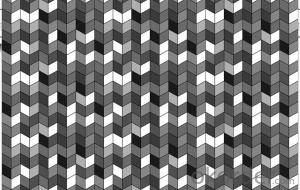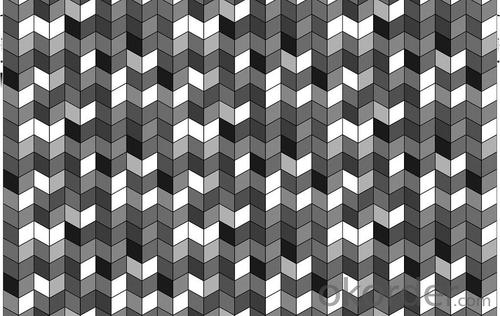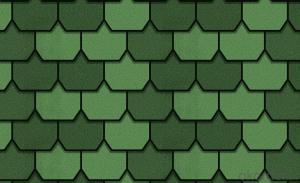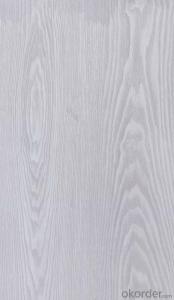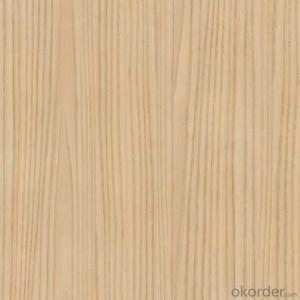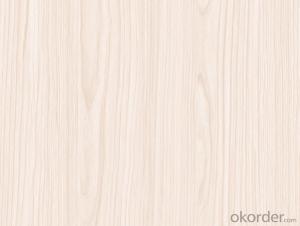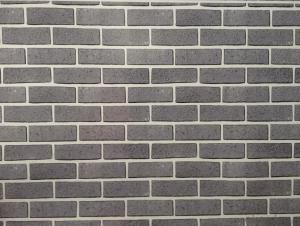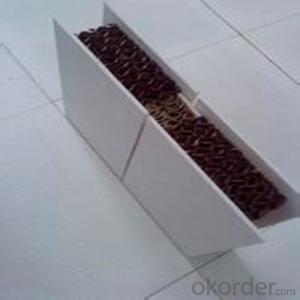color bond surface coating steel plate--XY019
- Loading Port:
- China Main Port
- Payment Terms:
- TT OR LC
- Min Order Qty:
- -
- Supply Capability:
- -
OKorder Service Pledge
OKorder Financial Service
You Might Also Like
1.Color bond surface coating steel plate :
2.More than ten years experiences, the products are sold to the domestic city and some international cities we strivc to develop production of color coating steel plate the plating (aluminum )zinc steel. Coil cheickness between 0.6mm and 1.5mm and the width from 600mm to 1250mm and a variety of high durability of color coating steel plate.
3.The company has multiple layer patterns for customers to choose The company provides products deep processing services ,meet the various needs of customers on board specifications All of out products comply with international quality standards and are greatly appreciated in a variety of different markets throughout the world.
4.If you ate interested in any of our products or would like to discuss a custom order please feel free to contact us we are looking forward to forming successful business relationships with new clients around the world in the near future.
4.We can design the color and thickness according to customers' requirements. The delivery time is only 30 day after you confirm the order.
- Q: How are steel sheets protected during cutting and fabrication?
- Steel sheets are protected during cutting and fabrication through various methods to ensure their quality and prevent damage. One common way to protect steel sheets is by using a process called "galvanizing". Galvanizing involves applying a protective zinc coating to the surface of the steel sheet, which acts as a barrier against corrosion and other forms of damage. This process is particularly effective in outdoor environments where steel sheets are exposed to moisture and other harsh elements. Another method of protection during cutting and fabrication is the use of lubricants or coolants. These substances are applied to the cutting tools and the steel sheet itself to reduce friction and heat generation. By minimizing heat, lubricants and coolants help prevent the steel sheet from warping or distorting during the cutting and fabrication process. Furthermore, during the fabrication of steel sheets, they are often covered or masked with protective films or tapes. These films or tapes act as a shield against scratches, abrasions, and other forms of physical damage that may occur during handling or transportation. In addition to these methods, proper handling and storage practices are also crucial for protecting steel sheets during cutting and fabrication. Steel sheets should be stored in a controlled environment to prevent exposure to moisture, extreme temperatures, or other damaging elements. They should also be handled with care to avoid any impact or bending that could compromise their structural integrity. Overall, steel sheets are protected during cutting and fabrication through a combination of surface coatings, lubricants or coolants, protective films or tapes, and proper handling and storage practices. These measures help ensure the quality and durability of the steel sheets, allowing them to maintain their integrity throughout the fabrication process and beyond.
- Q: What is the thickness range for steel sheets?
- The thickness range for steel sheets can vary depending on the type of steel and its intended use, but it typically ranges from 0.4 millimeters to 6 millimeters.
- Q: Are steel sheets suitable for high-temperature applications?
- Yes, steel sheets are generally suitable for high-temperature applications due to their high melting point and excellent heat resistance.
- Q: What is the process of forming corrugated steel sheets?
- The process of forming corrugated steel sheets involves passing flat steel sheets through a series of rollers or presses, which create a pattern of parallel ridges and valleys known as corrugations. The steel sheets are typically fed into a machine that first cleans and coats them with a protective layer. Then, the sheets are fed through a set of corrugating rolls, which shape them into the desired corrugated pattern. This process adds strength and rigidity to the steel sheets, making them ideal for various applications such as roofing, siding, and packaging.
- Q: How do steel sheets perform in terms of weather resistance?
- Steel sheets possess exceptional weather resistance properties, renowned for their ability to withstand diverse weather conditions like rain, snow, and wind. This is attributed to their composition and the protective coatings they bear. Notably, steel sheets can endure extreme temperatures, both hot and cold, without experiencing any considerable deterioration or harm. Furthermore, their resistance to corrosion is highly pronounced, rendering them an optimal choice for outdoor applications and locations exposed to high humidity or saltwater. Consequently, the weather resistance possessed by steel sheets guarantees their long-lasting and robust nature, establishing them as a dependable option for a wide range of construction and industrial purposes.
- Q: Can steel sheets be used for walkways and platforms?
- Yes, steel sheets can be used for walkways and platforms. Steel sheets are durable, strong, and capable of supporting heavy loads, making them suitable for such applications. Additionally, they can be fabricated and designed to meet specific requirements, ensuring safety and stability for users.
- Q: Can the steel sheets be used for insulation purposes?
- No, steel sheets are not typically used for insulation purposes. Steel is a highly conductive material, meaning it transfers heat and cold very easily. This makes it unsuitable for insulation, as it would not effectively prevent the transfer of thermal energy. Insulation materials, on the other hand, are specifically designed to reduce heat transfer and improve energy efficiency in buildings and other structures. Common insulation materials include foam, fiberglass, and cellulose, which have much higher resistance to heat flow compared to steel.
- Q: Are steel sheets resistant to warping or bending?
- Yes, steel sheets are known for their high resistance to warping or bending due to their strong and rigid nature.
- Q: Are steel sheets suitable for manufacturing kitchen appliances?
- Yes, steel sheets are suitable for manufacturing kitchen appliances. Steel is a versatile and durable material that is commonly used in the manufacturing industry. It has high strength, which makes it suitable for withstanding the daily wear and tear of kitchen appliances. Steel sheets are also resistant to corrosion, which is important in a kitchen environment where appliances are constantly exposed to water, moisture, and food spills. Additionally, steel is a hygienic material that is easy to clean and maintain, making it ideal for kitchen appliances where cleanliness is crucial. Furthermore, steel sheets can be easily shaped and formed into different designs and sizes, allowing for a wide variety of kitchen appliances to be manufactured. Overall, steel sheets provide the necessary properties and characteristics required for the manufacturing of kitchen appliances.
- Q: How are steel sheets protected during storage and handling?
- Steel sheets are typically protected during storage and handling through various measures such as applying a protective coating, using separators to prevent direct contact, and storing them in a controlled environment to avoid moisture and corrosion.
Send your message to us
color bond surface coating steel plate--XY019
- Loading Port:
- China Main Port
- Payment Terms:
- TT OR LC
- Min Order Qty:
- -
- Supply Capability:
- -
OKorder Service Pledge
OKorder Financial Service
Similar products
Hot products
Hot Searches
Related keywords
